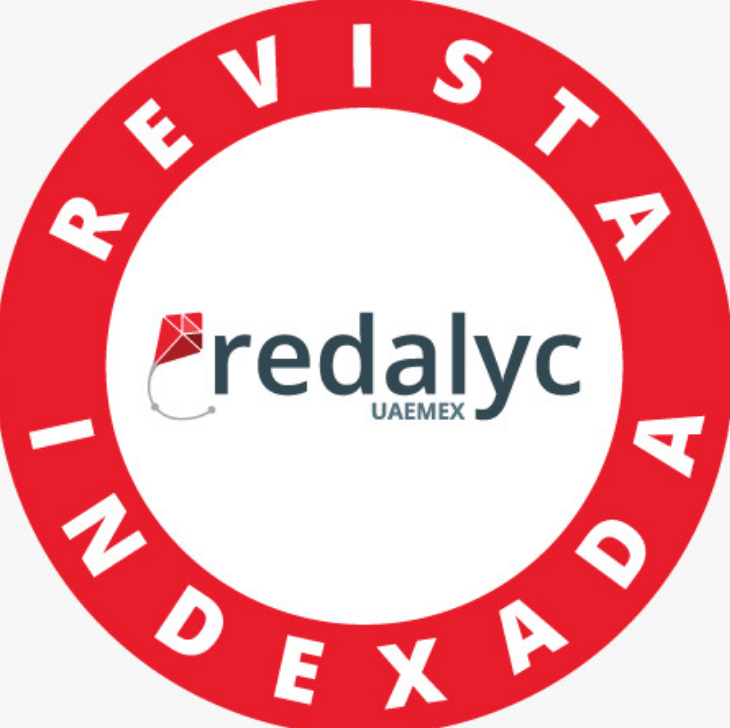Design of an Electronic University Agenda to Keep Control of Tasks in the Students
Keywords:
Student, Organization, Time, University, AgendaAbstract
The way in which university students manage their time for academic activities is based on the lack of organization regarding tasks, pending activities, class schedules and financial expenses generated by the study. The present investigation seeks to visualize information on the tasks according to the topic before a possible forgetfulness, to offer students a better ordering of time and tasks, through a system of university agenda that enters, calculates and gives information on tasks, activities, schedules of classes and expenses incurred during the study. Our information is composed of the following modules: Administrative management of add-ons in the agenda, university information entry, based on 3 extensions. Class schedule management is determined by subjects according to the career and the student cycle, with a total of 40 to 50 subjects. The management of academic tasks and additional activities was determined by the admission of academic tasks and additional activities as a result a total of 20 tasks were obtained. The management of the student's economic expense will be with the cost of the field (write material or tickets) through a mathematical calculation of programming to determine the total expense incurred by the student.
Downloads
Downloads
Published
Issue
Section
License
Copyright Notice
Authors who publish this journal agree to the following terms:
- Authors retain copyright and grant the journal right of first publication with the work simultaneously licensed under a Creative Commons Attribution-Non-Commercial-Share-Alike 4.0 International 4.0 that allows others to share the work with an acknowledgement of the work's authorship and initial publication in this journal.
- Authors are able to enter into separate, additional contractual arrangements for the non-exclusive distribution of the journal's published version of the work (e.g., post it to an institutional repository or publish it in a book), with an acknowledgement of its initial publication in this journal.
- Authors are permitted and encouraged to post their work online (e.g., in institutional repositories or on their website) prior to and during the submission process, as it can lead to productive exchanges, as well as earlier and greater citation of published work.
Disclaimer
LAJC in no event shall be liable for any direct, indirect, incidental, punitive, or consequential copyright infringement claims related to articles that have been submitted for evaluation, or published in any issue of this journal. Find out more in our Disclaimer Notice.











